Instant Opinion: Boris Johnson ‘busy passing the buck’ on coronavirus
Your guide to the best columns and commentary on Friday 17 July
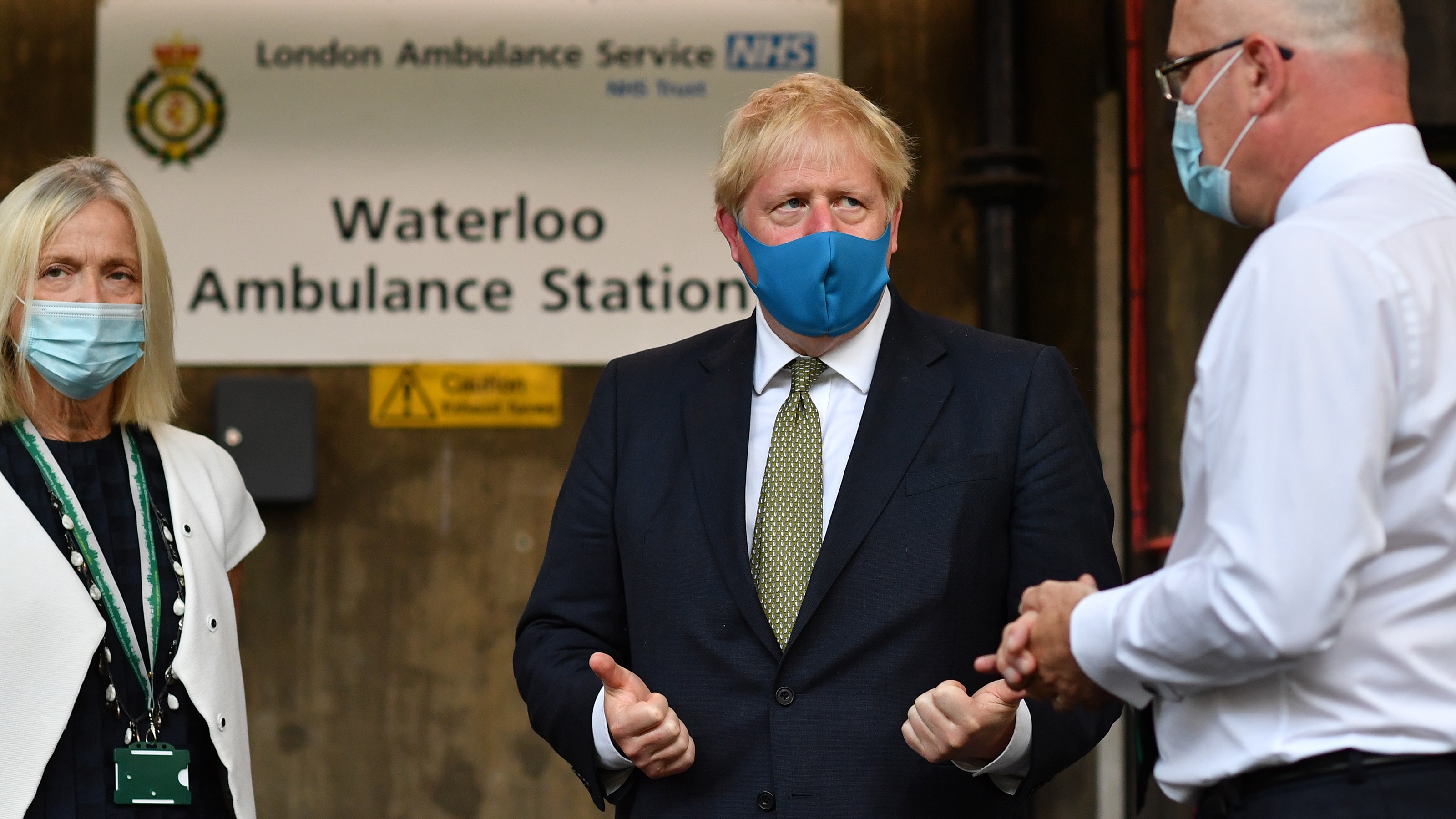
A free daily email with the biggest news stories of the day – and the best features from TheWeek.com
You are now subscribed
Your newsletter sign-up was successful
The Week’s daily round-up highlights the five best opinion pieces from across the British and international media, with excerpts from each.
1. Jonathan Saxty in The Daily Telegraph
on a prime minister failing to lead
The Week
Escape your echo chamber. Get the facts behind the news, plus analysis from multiple perspectives.

Sign up for The Week's Free Newsletters
From our morning news briefing to a weekly Good News Newsletter, get the best of The Week delivered directly to your inbox.
From our morning news briefing to a weekly Good News Newsletter, get the best of The Week delivered directly to your inbox.
With the world in a Covid-19 tailspin, Boris Johnson is busy passing the buck
“The prime minister’s [back to work] announcement seemed like an exercise in passing the buck, both to local councils and to bosses. Allowing employers more discretion about staff working from home seems unlikely to make much difference to cities like London - Britain’s economic engine – which remains a virtual ghost town. The government also recently announced a range of measures ostensibly to help Britain’s economy turn the corner. Yet these measures – and easing measures besides - are not going far enough to prevent cataclysmic unemployment levels and business collapse once the furlough scheme ends. The looming mega-recession will create just the right conditions for social unrest... Who knows what conflicts – domestic and international – may soon arise? These are ripe conditions for sectarianism and inter-ethnic conflict, as resources become scarce and money runs dry, especially in countries without the financial firepower of the UK and the US. But in the latter countries too, let’s not be complacent. When people having nothing to lose, they often lose it!”
2. Paul Krugman in The New York Times
on the coming unemployment crisis
A free daily email with the biggest news stories of the day – and the best features from TheWeek.com
The Next Disaster Is Just a Few Days Away
“Blithe denials that Covid-19 posed a threat gave way to blithe denials that rapid reopening would lead to a new surge in infections; now that the surge is upon us, Republican governors are responding sluggishly and grudgingly, while the White House is doing nothing at all. And now another disaster — this time economic rather than epidemiological — is just days away... Enhanced [unemployment] benefits did double duty. They meant that there was far less misery than one might otherwise have expected from a crisis that temporarily eliminated 22 million jobs; by some measures poverty actually declined. They also helped sustain those parts of the economy that weren’t locked down. Without those emergency benefits, laid-off workers would have been forced to slash spending across the board. This would have generated a whole second round of job loss and economic contraction, as well as creating a huge wave of missed rental payments and evictions. So enhanced unemployment benefits have been a crucial lifeline to tens of millions of Americans. Unfortunately, all of those beneficiaries are now just a few days from being thrown overboard.”
3. Simon Jenkins in The Guardian
on the errors of the invasion being exposed
The Iraq war is finally getting some proper scrutiny – from a TV programme
“Once Upon a Time in Iraq is the most searing anti-war documentary I have seen. In five parts on Mondays on BBC2, it is not bangs, screams and tears. The searing is not visceral. It is intellectual. In among the footage of the 2003 war, we hear simply the calm narrative of people whose lives were traumatised by the conflict, who witnessed the gut-wrenching obscenity of two great democracies using death and destruction to pursue their leaders’ political agenda. It shows that the morality of power projection has not advanced since the middle ages. A corpse is still a corpse. Now at least we get to hear from the victims... This documentary (and the associated book) brings home the full enormity of the Iraq war. A phoney freedom cost an estimated quarter of a million Iraqis their lives. It destabilised a region and undoubtedly contributed to the collapse of order in Syria. It did nothing to halt terrorism in Britain or elsewhere, if anything the reverse.”
4. Molly Roberts in The New York Times
on the fragile balance between politics and science
Anthony Fauci built a truce. Trump is destroying it.
“We the people have put our faith in Fauci for nearly 40 years, even as trust itself has become almost obsolete. Conservatives as conservative as Rep. Liz Cheney (R-Wyo.) have leaped to his defense on Twitter when he’s been attacked, calling him ‘one of the finest public servants we have ever had.’ When Sen. Rand Paul (R-Ky.) chastised him in a congressional hearing, the contrarian lawmaker felt compelled to add the grudging coda, ‘as much as I respect you.’ Science and partisan politics seem, in our era, inherently in conflict. One runs on fact-centered reality, the other on point-scoring spin. Yet Fauci more than any other figure has brokered a generational peace between the two worlds. Now that the coronavirus pandemic has divided an already riven country between those who believe the disease is an all-consuming danger and those who believe it is dangerously overblown, it is fair to ask: How did this man get to be the singular referee the country trusts — and how are we ever going to manage when he is gone?”
5. Ed Conway, economics editor at Sky News, in The Times
on making taxes simple
Let’s have a bonfire of every tax bar one
“Let’s begin by recalling the three main reasons for having taxes at all. First and most obvious is to raise money to finance the state — the fiscal objective. Second, we use taxes as a tool for redistributing money, mostly from the rich to the poor. Third, we use taxes to discourage people from doing things: tobacco duties to stop people smoking, sugar taxes to fight obesity, fuel duty to stop people polluting the roads... But while many fixate on the complexity of the tax system, the real issue is not just the multiplicity of different rates, allowances and loopholes, but the foundations. We are taxing the wrong stuff. That’s where the progressive consumption tax comes in. The overarching principle is that rather than taxing people on what they earn, you tax them on what they spend. This is not quite the same as abolishing everything and replacing it with a souped-up version of VAT — actually it’s a bit simpler.”
-
 Political cartoons for February 16
Political cartoons for February 16Cartoons Monday’s political cartoons include President's Day, a valentine from the Epstein files, and more
-
 Regent Hong Kong: a tranquil haven with a prime waterfront spot
Regent Hong Kong: a tranquil haven with a prime waterfront spotThe Week Recommends The trendy hotel recently underwent an extensive two-year revamp
-
 The problem with diagnosing profound autism
The problem with diagnosing profound autismThe Explainer Experts are reconsidering the idea of autism as a spectrum, which could impact diagnoses and policy making for the condition
-
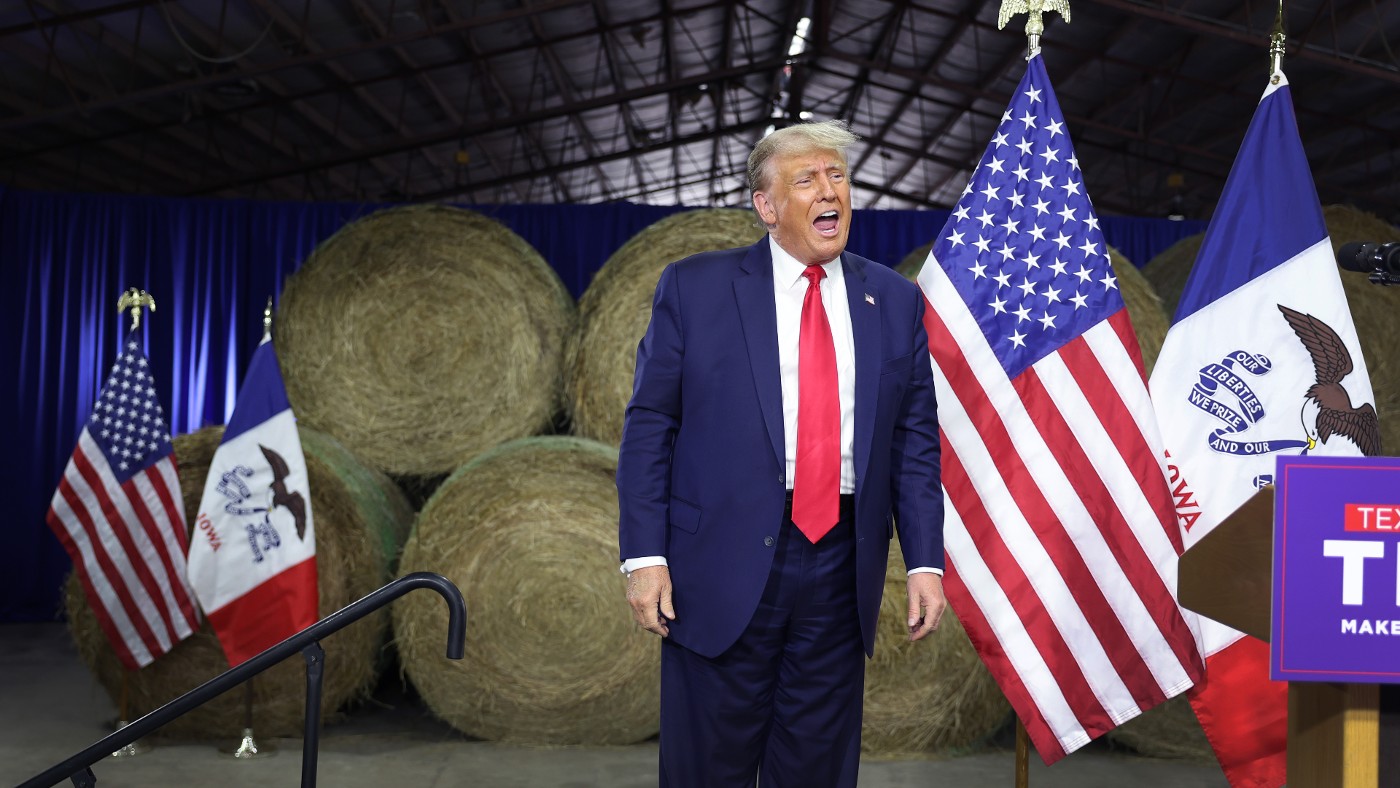 Flies attack Donald Trump
Flies attack Donald TrumpTall Tales And other stories from the stranger side of life
-
 ‘Irony’ as Zoom calls staff back to office
‘Irony’ as Zoom calls staff back to officefeature And other stories from the stranger side of life
-
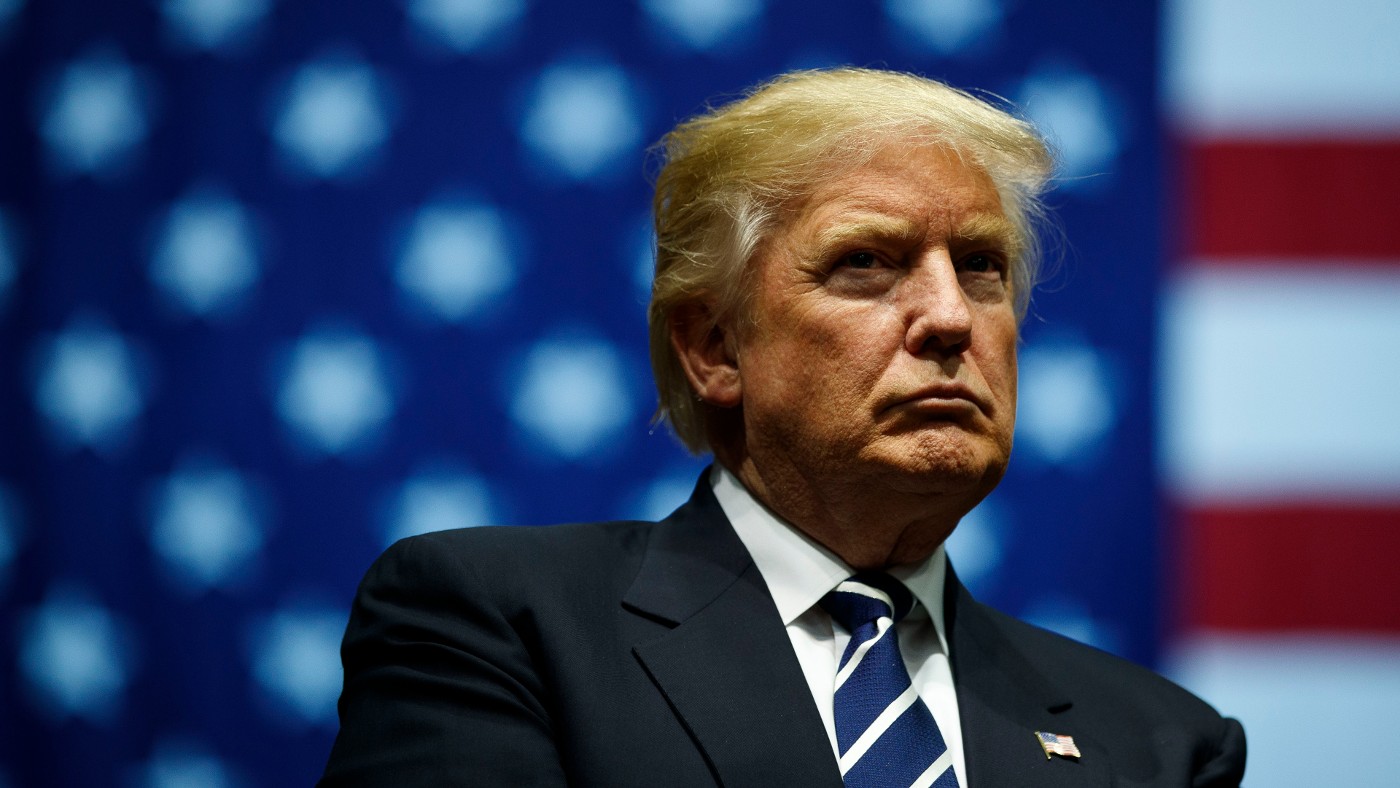 Donald Trump criminal charges for 6 January could strain 2024 candidacy
Donald Trump criminal charges for 6 January could strain 2024 candidacySpeed Read Former president’s ‘pettifoggery’ won’t work well at trial, said analyst
-
 The U.S. veterinarian shortage crisis
The U.S. veterinarian shortage crisisSpeed Read With an anticipated shortage of 15,000 vets by 2030, it will be harder to get care for pets
-
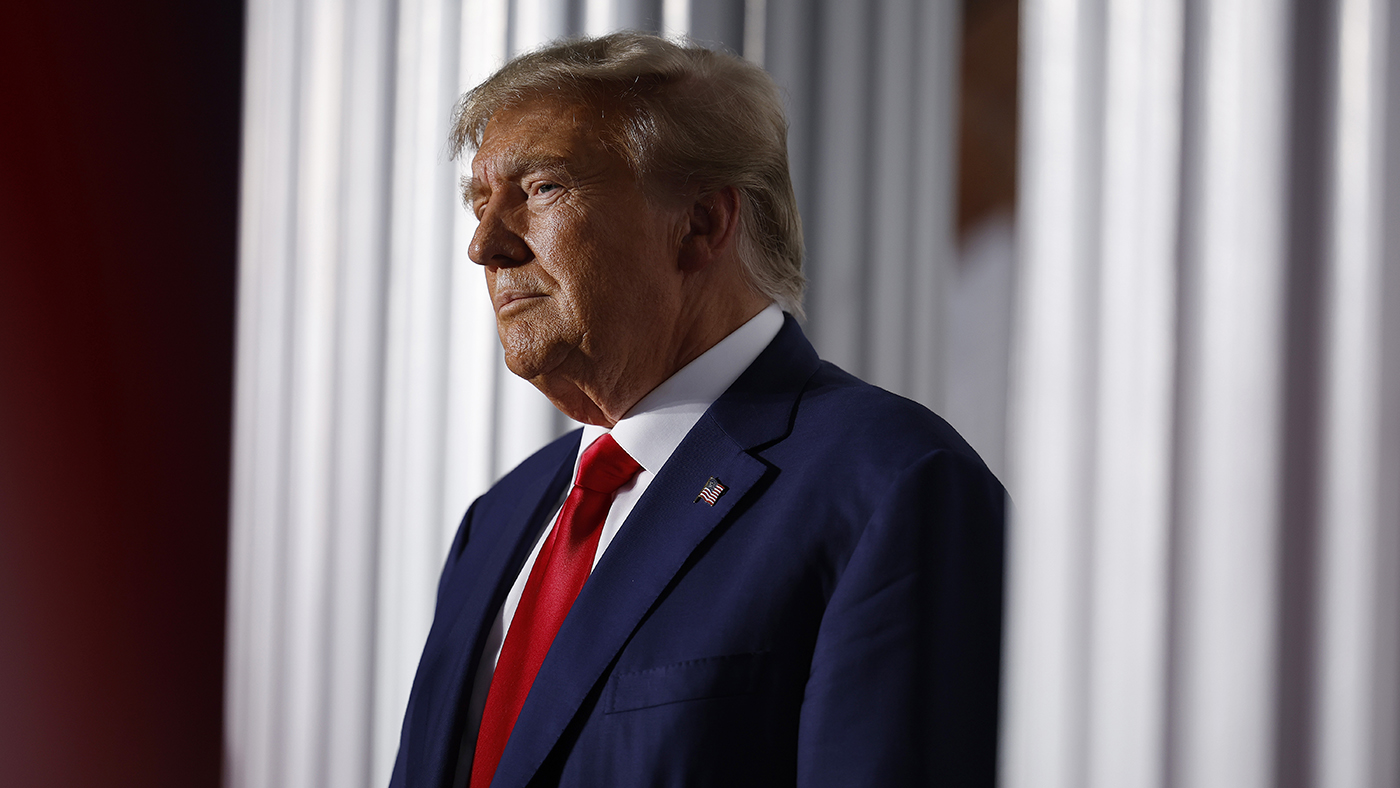 Donald Trump in the dock: a fraught moment for US democracy
Donald Trump in the dock: a fraught moment for US democracyTalking Point There is speculation that former president could end up running his 2024 election campaign from behind bars
-
 Boris Johnson shocks UK by resigning from Parliament
Boris Johnson shocks UK by resigning from ParliamentSpeed Read
-
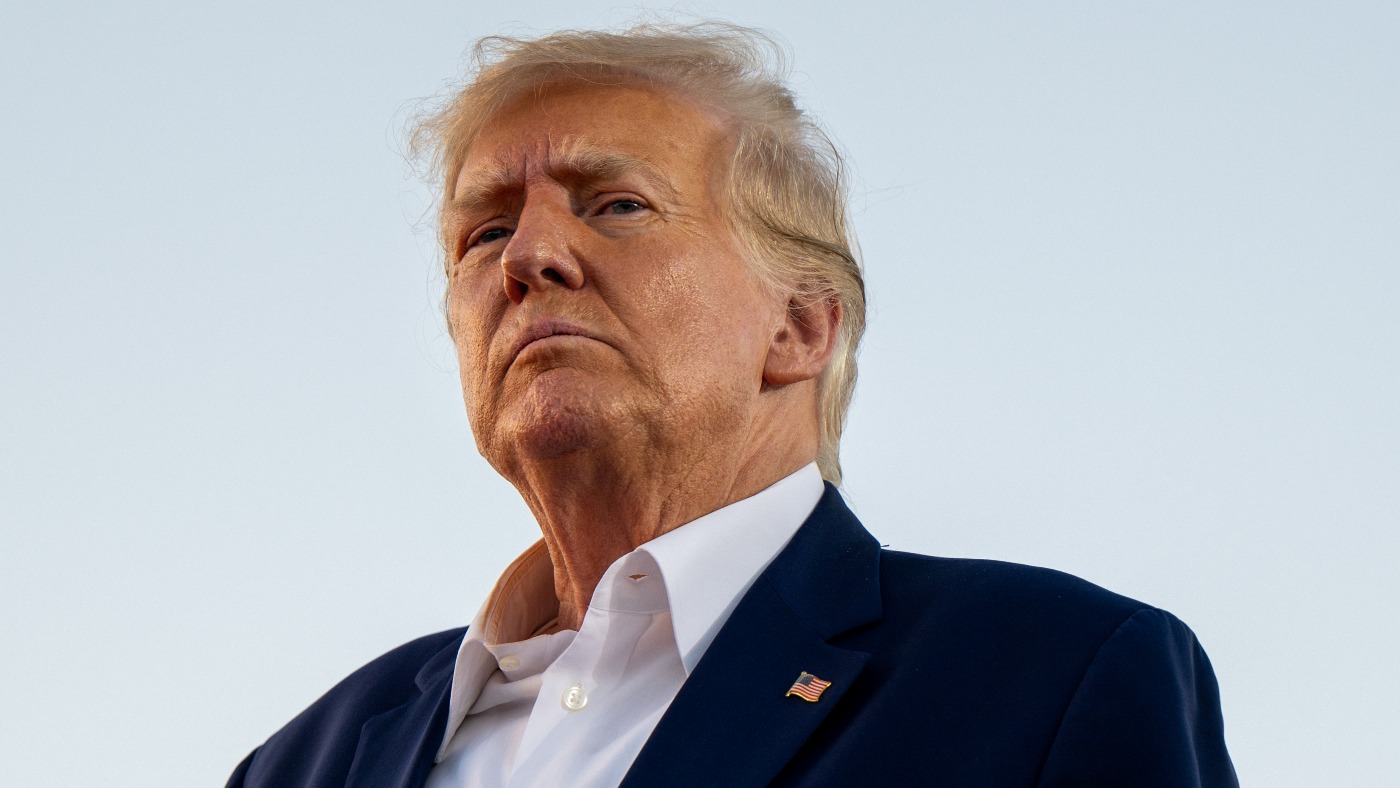 Donald Trump indicted again: is latest threat of prison a game changer?
Donald Trump indicted again: is latest threat of prison a game changer?Today's Big Question The former president ‘really could be going to jail’ but Republicans ‘may not care’ say commentators
-
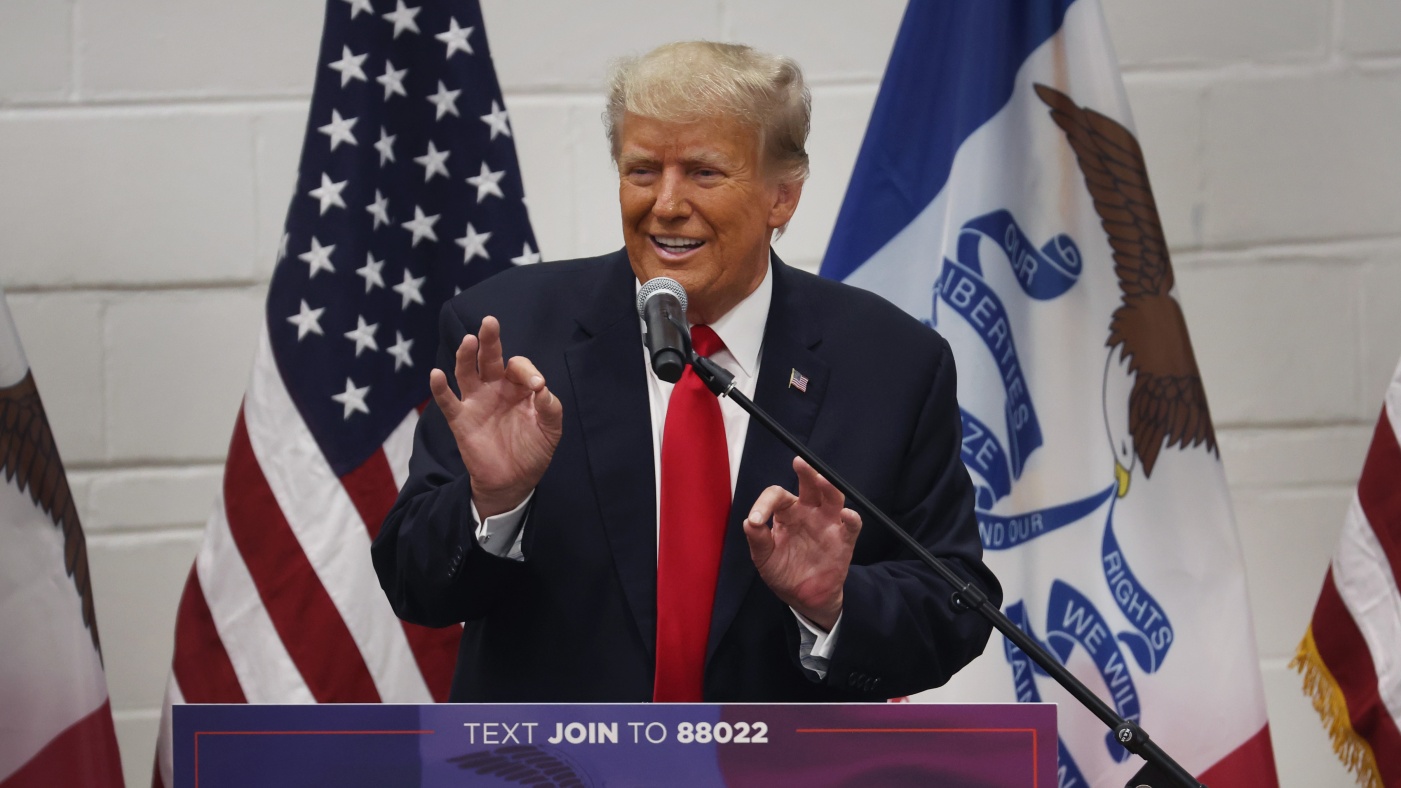 Trump told he could face charges over classified Mar-a-Lago documents
Trump told he could face charges over classified Mar-a-Lago documentsSpeed Read A second criminal indictment is on the cards for the former US president and current Republican frontrunner